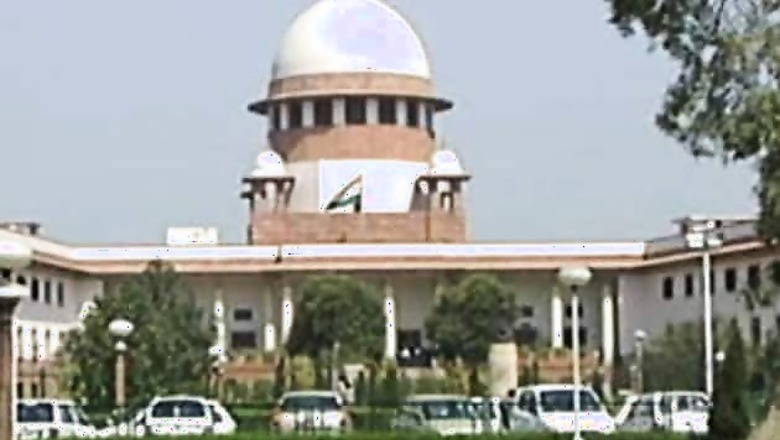
views
New Delhi: The Union Cabinet on Thursday did not take up for consideration the much-anticipated proposal to establish a new mechanism giving a say to the government in appointment of judges to the higher judiciary. The Cabinet was expected to take up the proposal that envisages replacing the present collegium system, under which judges alone decide the appointments to the higher judiciary, in its meeting on Thursday but decided to postpone it.
Another proposal to make amendments to the Prevention of Corruption Act was also not taken up by the Cabinet, ostensibly due to paucity of time. The government proposes to set up a six-member Judicial Appointments Commission headed by the Chief Justice of India with the Law Minister as a representative of the government.
The JAC will also have two judges of the Supreme Court, two eminent jurists nominated by the President as members. The government is open to include the Leader of Opposition in the Commission. The proposal, which replaces the present system of Collegium appointing judges, will require a Constitutional amendment. The Collegium is a five-member body headed by the Chief Justice of India and includes four other senior most judges.
The proposal has been hanging fire for several years because of strong resistance by the judiciary. "One view has been that the Leader of the Opposition should be made a member of JAC. This suggestion could be considered," the Cabinet note of the Law Ministry reads. Secretary, Department of Justice, will be the Convener of the panel.
The move would entail amendments to Articles 124, 217, 222 and 231 of the Constitution and insertion of Article 124 A. The views of the Governors, Chief Ministers and respective Chief Justices of the 24 High Courts will be elicited in writing for appointment of judges as per the procedure which could be determined by the JAC.
The proposed body will recommend appointment of judges of the Supreme Court and Chief Justices and judges of the High Courts. The panel will also recommend transfer of Chief Justice and judges of the High Courts.

















Comments
0 comment